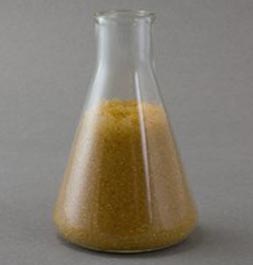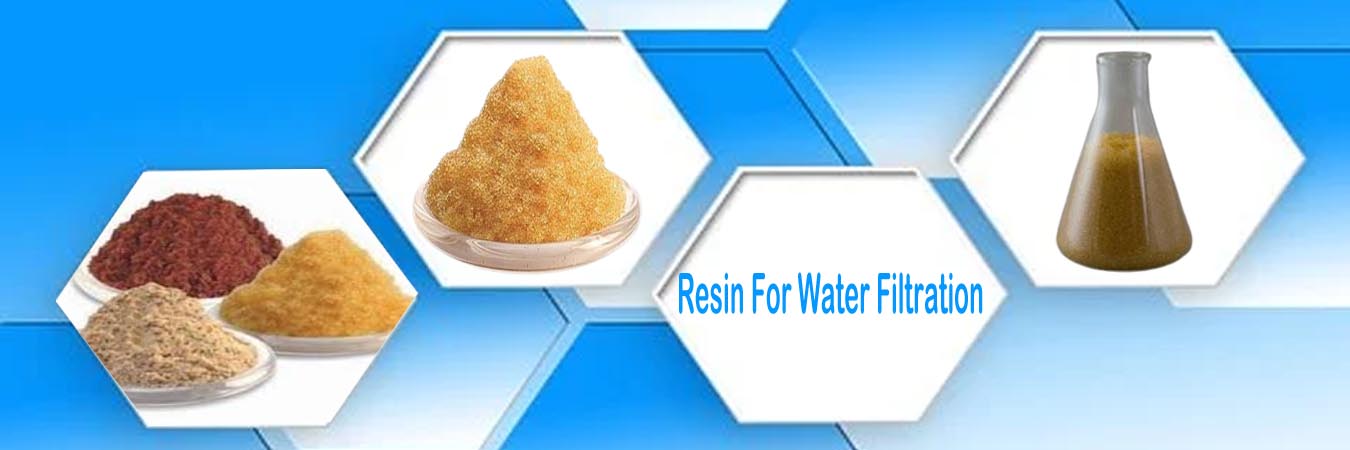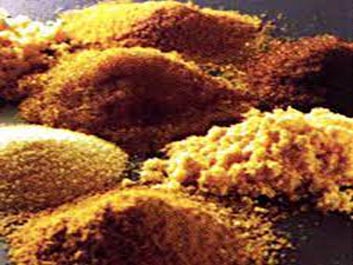Resin - Thermax
TULSION T-42 is a premium quality strong acid cation exchange resin containing nuclear sulphonic acid groups having high exchange capacity, combined with excellent physical and chemical stability and operating characteristics. It is ideally suited for use in a wide range of pH and temperature conditions.
TULSION T-42 is supplied in hydrogen form for two stages and mixed bed demineralization and in sodium form for softening.
TULSION T-42 is also used for de-alkalization and chemical processing.
Packaging
| Super sacks |
1000 liters |
| MS drums |
180 liters |
| HDPE lined bags |
25 liters |
| Super sacks |
35 cft |
| Fiber drums |
7 cft |
| HDPE lined bags |
1 cft |
For Handling, Safety and Storage requirements please refer to the individual Material Safety Data Sheets available at our offices. The data included herein are based on test information obtained by Thermax Limited. These data are believed to be reliable, but do not imply any warranty or performance guarantee. Tolerances for characteristics are as per BIS/ASTM. We recommend that the user should determine the performance of the product by testing on own processing equipment.
Tipical Cheracteristics – Tulsion T- 42
| Type |
Strong Acid Cation Exchange Resin |
| Appearance |
Amber color beads. |
| Functional group |
Nuclear sulphonic |
| Physical form |
Moist spherical beads |
| Ionic form |
Hydrogen/Sodium |
| Screen size USS (wet) |
16 to 50 |
| Particle size (minm. 95%) |
0.3 to 1.2 mm |
| Total Exchange Capacity (minm.) |
1.8 meq/ml (H+) & 2.0 meq/ml (Na+) |
| Moisture content |
52 ± 3% (H+) & 45 ± 3% (Na+) |
| Reversible swelling (%) |
Na+ -> H+ : 7 |
| Backwash settled density |
800 – 840 g/l (50-52 lbs/cft) (H+) &
810 – 850 g/l (52-54 lbs/cft) (Na+) |
| Temperature stability (max.) |
280 °F / 140 °C (Na+) 250 °F / 120 °C (H+) |
| pH range |
0 to 14 |
| Solubility |
Insoluble in all common solvents |
Tipical Operating conditions – Tulsion T- 42
| Maximum operating temperature |
Maximum operating temperature
140 °C (280 °F) in Na+ form |
| Resin bed depth ( minm.) |
600 mm (24") |
| Maximum service flow |
120 m3/hr/m3(15 gpm /ft3) |
| Backwash expansion space |
40 to 75 % |
| Backwash flow rate for 40 – 70 % expansion |
9 to 25 m3/hr/m3(4 to 10 gpm/ft2) |
| Regenerant |
HCL and H2SO4 for ‘H’ form and
NaCl for ‘Na’ form |
| Regeneration level |
30 - 160 g HCl/l (1.9 to 1.0 lbs HCl/ft3)
40 - 250 g H2SO4/l (2.5 to 15.6 lbs HCl/ft3)
60 - 160 g NaCl/l (3.7 to 1.0 lbs HCl/ft3) |
| Regenerant concentration |
1.5 to 5% for H2SO4, 3.0 to 5.0% HCl &
5.0 – 15.0% NaCl |
| Regenerant flow rate |
2 to 16 m3/hr/m3 (0.25 to 2 gpm/ft3) |
| Regeneration time |
20 to 60 mins |
Rinse flow rate
Slow
Fast |
At regeneration flow rate
At service flow rate |
| Temperature stability (max.) |
280 °F / 140 °C (Na+) 250 °F / 120 °C (H+) |
| Rinse Volume |
3 to 5 m3/m3 (25 to 40 gal/ft3) |






